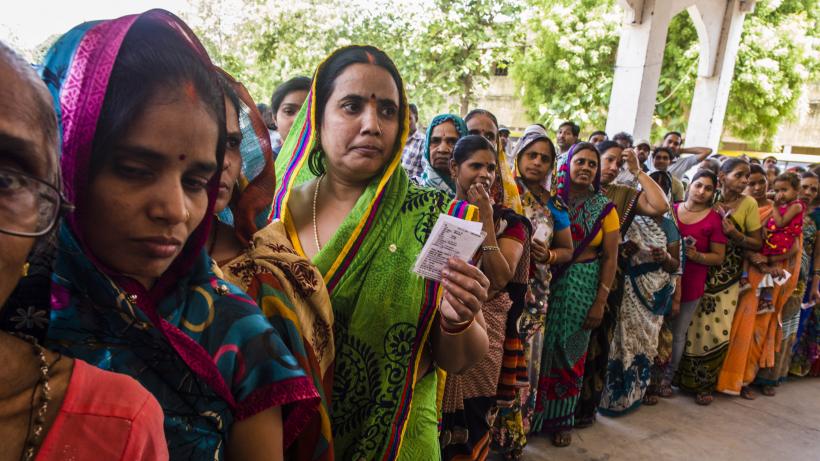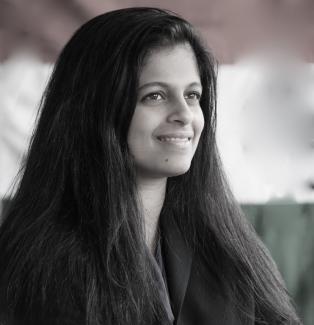
She wins: Electing women in ethnically divided societies
-
Banerjee-et-al-Policy-Brief-June-2021.pdf
PDF document • 374.62 KB
- We conducted survey experiments across 2,000 respondents living in four districts in the state of Bihar and, within them, eight state legislative assembly constituencies equally divided between low and high communal violence districts.
- We find that women voters prefer women candidates, all candidates who offer protection, and especially women candidates who offer protection. By contrast, men have no gender preference in their selections, and they tend to prefer candidates who offer public goods.
- These results indicate that women voters do indeed care about descriptive representation, that they feel more vulnerable to personal security threats than men, and that they tend to believe women leaders may understand and act on these threats more effectively than men.
- While parties can play an important role in nominating more women candidates, voters prefer women over men candidates only when these candidates are not affiliated with political parties.
- Finally, our research shows that voters living in districts plagued with violence tend to be less supportive of women candidates. But voters who have personally experienced caste discrimination tend to prefer women. This may reflect a sense that women leaders are more sensitive to issues of bias and discrimination.






